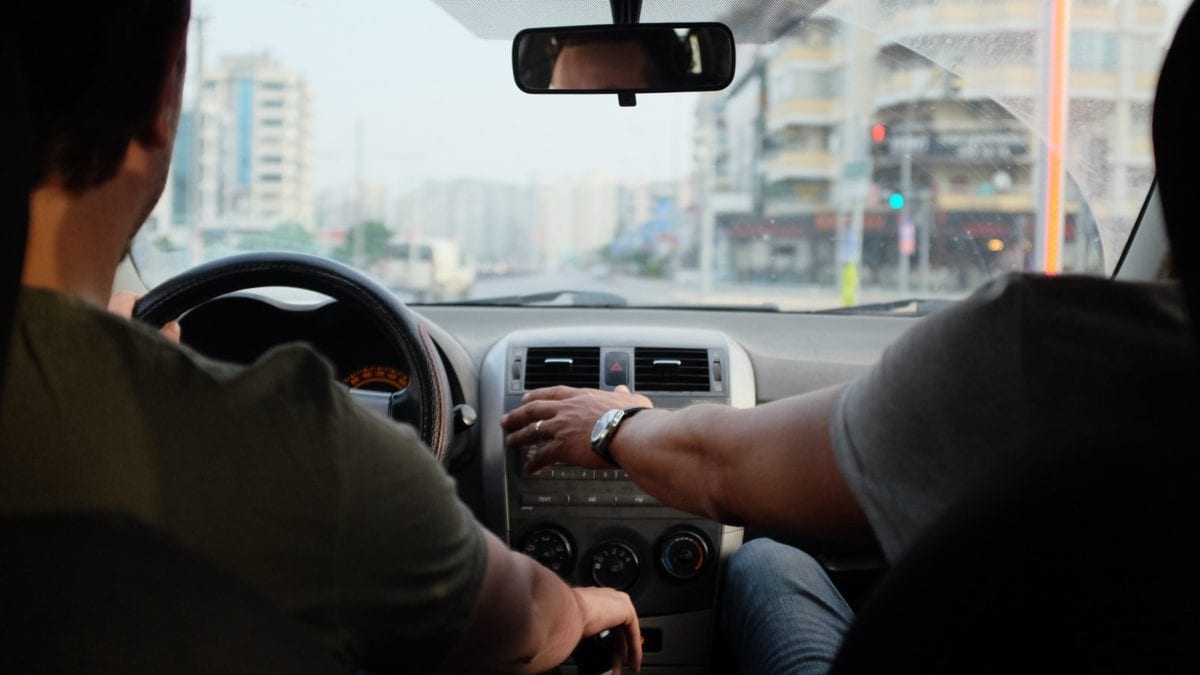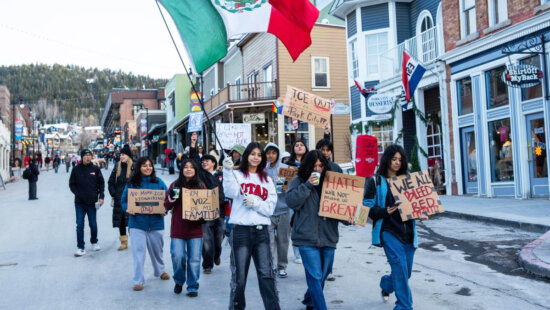Police & Fire
Alcohol-involved Utah traffic deaths doubled during pandemic

The state Department of Transportation said there were 61 fatal crashes involving alcohol last year compared to the 32 crashes in 2019. Photo: Orkun Azap
SALT LAKE CITY, Utah. — Transportation officials have reported nearly twice as many people died in alcohol-involved crashes on Utah roads last year compared to the year before, despite less commuter traffic during the coronavirus pandemic.
The state Department of Transportation said there were 61 fatal crashes involving alcohol last year compared to the 32 crashes in 2019, The Salt Lake Tribune reported.
Department officials said there was also an 11% increase in traffic fatalities in the state from 2019 to 2020, which includes fatal alcohol-involved crashes. Nationally, there was a 7% increase in traffic fatalities over the past year and a 9% increase in alcohol-involved fatalities, according to the U.S. Department of Transportation.
Robert Miles, director of traffic and safety for the U.S. Department of Transportation, said it’s too soon to know why fatal crashes increased. He said the pattern has surprised everyone, including traffic experts.
“I think … most people thought if there is less traffic on the street there will be fewer fatalities, there will be fewer crashes,” he said. “We saw fewer crashes, but we saw more fatal crashes.”
Miles said it is possible people began taking more risks while driving because of extra road space created by reduced traffic. But he also said not every type of fatal crash increased in the last year — fatalities involving large trucks went down by 18% in Utah and 2% in the U.S.
Officials said the increase in driving deaths has continued into this year, with 122 deaths in Utah as of June 9. There were 97 deaths during the same timeframe in 2020 and 93 deaths in 2019.
“These things don’t have to happen … I would like people to know that,” Miles said. “We don’t want to use the word ‘accident,’ because these things don’t have to happen, they’re not fated to happen.”
Miles urged people to continue following road signs and not speed or drink and drive. He referenced lower fatality numbers in years past as evidence that things can improve.
“Our past behavior has shown us we can do better, we don’t have to lose these lives,” Miles said.


















